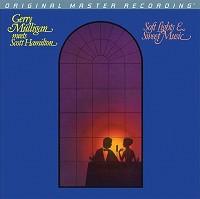Album Reviews
Sort By: Post DateTitle Publish Date
|
Apr 01, 2006
|
Nov 03, 2019
|
Nov 01, 2010
|
Jun 13, 2021
|
Jun 01, 2005
|
Feb 26, 2013















